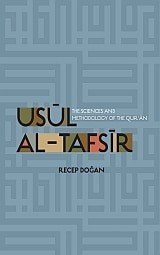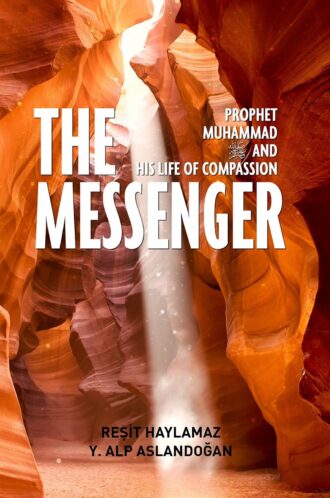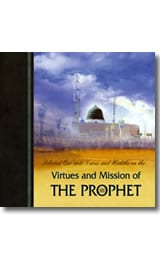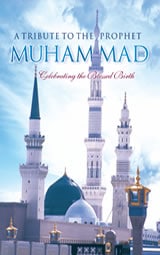The Science and Methodology of the Quran
This valuable work on the methodology of exegesis by Dr. Recep Dogan will serve as an important measure for future works in this area. With his expertise in the history and exegesis of the Qur’an, as well as his familiarity and comprehensive understanding of Islamic disciplines, Dr. Dogan has managed to combine both classical and modern acquis. Those who benefit from this study will witness a centuries-old tradition at the same time learn modern developments and formations. Dr. Dogan displays a clear procedure for his readers with his method of explanation on the continuity of Quranic exegesis. He at all times maintains a serious balance and builds a meaningful bridge between the past and the present through the many examples he gives. Presenting a variety of different approaches, Dr. Dogan also offers a broad range of Western approaches to reading the Qur’an. Western institutes that offer and those who receive education in the ‘Introduction to the Qur’an’ or ‘Approaches to the Qur’an’ will especially appreciate this work. It will also serve as a reference to those who have an interest in the field or any Muslim who wants to deepen their understanding of their Muslim identity in the light of the Qur’an.
















Reviews
There are no reviews yet.